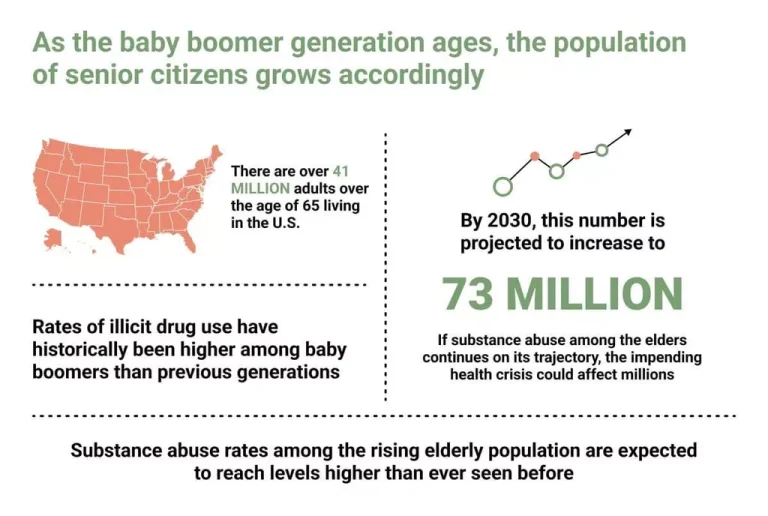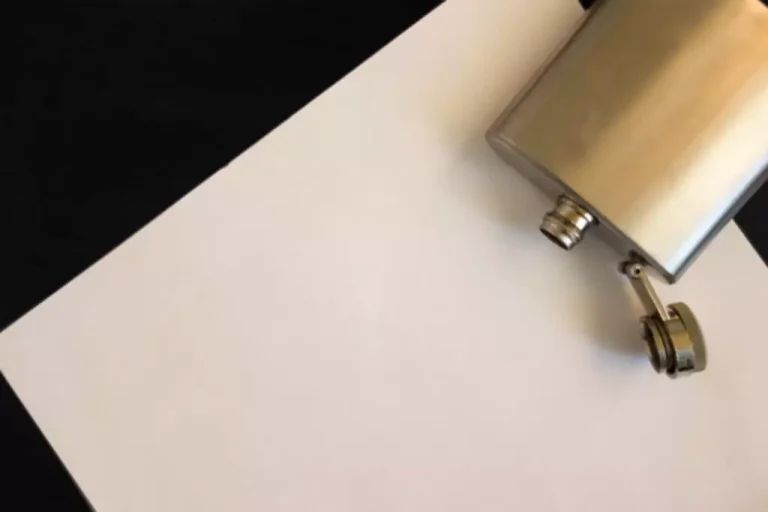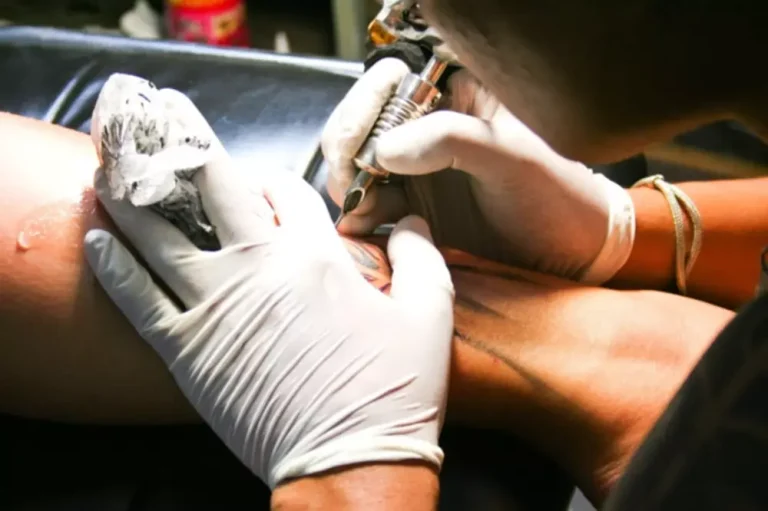
The removal of external triggers can be as simple as a change in scenery or new group of friends. Unfortunately, internal triggers – feelings and moods – can also impact the success of rehabilitation. In order to ensure a happy and long-lasting recovery, addicts must identify both external and internal triggers. Discover a few of the more common triggers to help jump-start the process.

Old Places And Hangouts Can Trigger Relapse
External triggers are situations or objects in your environment, while internal triggers emerge from inside of your own body. Identifying your triggers is one of the most effective steps you can take in managing them. Paying attention to the environment around you when you experience a trigger can help https://ecosoberhouse.com/article/why-do-alcoholics-crave-sugar-in-recovery/ you examine them. You may even consider keeping a daily journal to record your experiences. But recovery is a journey, and there are many other tools in treatment that can support your sobriety. Self-judgment could lead to emotional distress and feelings of guilt, which can be triggers themselves.
Types Of Addiction Relapse Triggers
Emotions that act as internal triggers can be negative, positive, or neutral. A significant amount of people struggling with substance abuse find it difficult to resist relapse triggers. The negative side effects of relapsing after enrolling in drug and alcohol recovery programs is another concern. In recent experiences, drug and alcohol abuse after practicing abstinence, heightens an individuals chances of overdosing.
Physical Relapse
As a result of this increased awareness, your emotional reactions may feel more understandable, valid, predictable, and less out of control. Focusing on activities you love can fill the time you might have spent using substances. They can also be effective outlets for stress and negative emotions that may have caused you to use in the past. Facing triggers — which can be anything that brings up thoughts, memories, or feelings that remind you of past substance use — can be some of the toughest challenges for someone in recovery.

Avoiding recurrence of misuse
A relapse trigger, whether internal or external, is something that sets off cravings in recovering individuals. Failure to address and maintain these triggers during the recovery process only serves to increase the risk of relapse. After addiction treatment, people who have faced alcohol and drug abuse now have the opportunity to implement a relapse prevention plan to maintain sobriety. “An example might be a person with a substance use disorder who finds walking by a bar or smelling alcohol prompts cravings and thoughts of drinking,” he explains. If you or a loved one has experienced a relapse, or are just considering treatment options, we are here to help you.
- A way to manage these external triggers is to have a support system of friends and family members who are encouraging and help you address challenges that come your way.
- You may have to try several strategies before finding what works best for you.
- Relapse triggers are far more extreme for recovering addicts in the early recovery months of addiction treatment.
- However, Mezulis notes that even people without a history of trauma can be triggered when something elicits a strong emotional reaction.
- But there are typically two kinds of friends who may be external triggers for drug or alcohol use.
- In contrast, when they increased the corticosterone levels, unstressed rats showed relapse behaviors when triggered.
Another potential benefit is that these warnings can help improve individual empowerment, allowing people to make informed choices about how they engage with information. After removing the corticosterone-producing glands from the rats, researchers observed a lack of relapse behavior after triggering them with low doses of cocaine. In contrast, when they increased the corticosterone levels, unstressed rats showed relapse behaviors when triggered. In rats and humans, the hormone corticosterone increases the level of dopamine, a brain chemical that plays a major role in reward-seeking behavior, in the brain in response to stress. Cocaine and several other illicit drugs also boost levels of dopamine.
Positive Feelings Trigger Relapse

The stressors of daily life can include several triggers including coworkers, on-the-job stress, finances, and family tensions. However, you can internal and external triggers get through cravings for drugs or alcohol using one of many strategies. Part of managing external triggers involves simply removing the source.

In conclusion, understanding and managing relapse triggers are crucial elements of a successful addiction recovery journey from relapse. Remember, the road to recovery may be challenging, but with dedication, perseverance, and the right tools, you can overcome these obstacles and build a brighter future. Relapse triggers are events, situations, or emotions that can lead to a strong desire to seek out drugs and alcohol again, potentially resulting in alcohol abuse.
